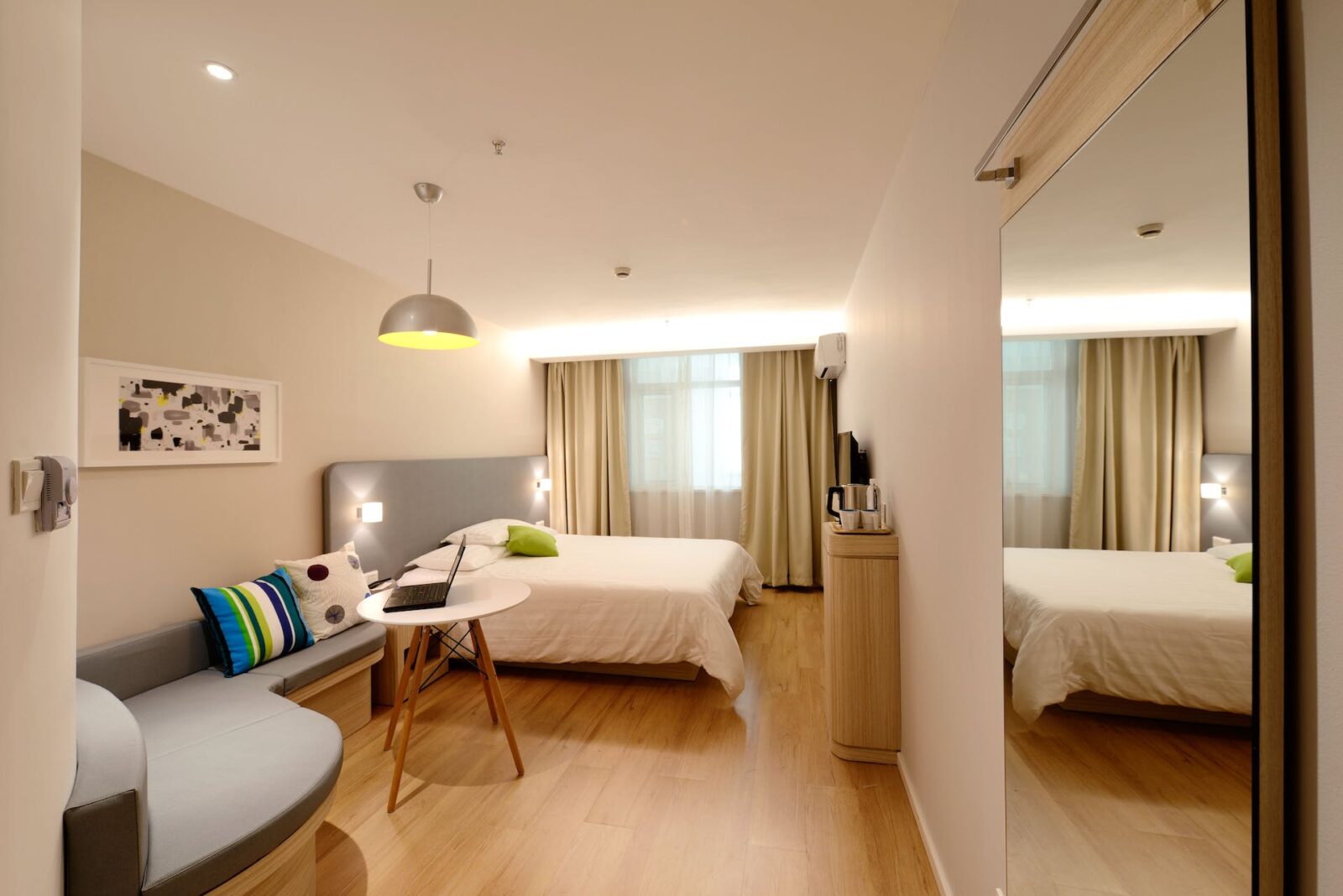Can You Drill Holes in Rental Apartments in Dubai?

Celine is a well known journalist and writer, but she's…
Renting an apartment in Dubai comes with its own set of rules and guidelines, particularly when it comes to making modifications such as drilling holes in the walls. This guide will explore whether you can drill holes in rental apartments in Dubai, the legal and practical considerations, and some creative alternatives to avoid potential issues.
Can You Drill Holes in Rental Apartments in Dubai?
Before you even think about drilling holes in your rental apartment, it’s crucial to thoroughly review your lease agreement. Most lease agreements in Dubai will have specific clauses regarding modifications to the property. These clauses might include:
- Permission Requirements: Some landlords allow minor modifications, such as small nail holes, but require prior written consent for larger alterations.
- Prohibited Areas: Certain areas might be off-limits for drilling due to the presence of essential infrastructure like electrical wiring or plumbing.
- Restoration Clauses: Many agreements stipulate that tenants must restore the property to its original condition upon vacating, which includes filling and painting over any holes made.
Instead of setting up your own apartment, it might be better to opt for a service apartment where everything is set up for you.
Legal Considerations
Dubai has specific regulations that govern tenant modifications to rental properties. These regulations are designed to ensure safety and maintain the integrity of rental properties. Key legal considerations include:
- Municipal Regulations: Some local municipalities in Dubai might require landlords to obtain permits before allowing tenants to drill holes. This is especially true for significant modifications that could impact the building’s structure.
- Safety Standards: Federal and local laws mandate that landlords provide safe and habitable living conditions. Drilling into walls without proper knowledge can compromise the safety of the building, especially if electrical wires or plumbing are damaged.
Practical Tips for Drilling Holes
If your landlord grants permission to drill holes, follow these practical tips to minimize damage and ensure safety:
- Locate Studs: Use a stud finder to locate wooden studs behind the drywall. Drilling into studs provides better support for heavy items and minimizes the risk of hitting electrical wires or pipes.
- Avoid Electrical Outlets: Stay clear of drilling near electrical outlets and light switches to avoid electrical hazards.
- Use Proper Tools: Ensure you have the right drill bits and anchors for your wall type. Masonry bits for concrete and drywall bits for plaster walls are essential.
- Safety Gear: Wear protective eyewear and a mask to prevent inhalation of dust and debris.
Alternatives to Drilling
If drilling holes is not permitted or you want to avoid potential issues, consider these creative alternatives:
Adhesive Hooks and Strips
Adhesive hooks and strips, like those from 3M Command, offer a damage-free way to hang pictures, mirrors, and other lightweight items. These can be easily removed without leaving a residue.
Tension Rods
Tension rods can be used to hang curtains, and artwork, or even create a temporary gallery wall without making any permanent changes to the walls.
Freestanding Shelves
Freestanding shelving units provide ample storage and display options without the need for wall-mounted fixtures. These can be easily moved and rearranged as needed.
Leaning Artwork
Leaning large pieces of artwork or mirrors against the wall is a stylish and non-invasive way to decorate your space. This approach adds a casual and modern touch to your apartment decor.
Repairing Holes Before Moving Out
If you decide to drill holes, it’s essential to repair them before moving out to ensure you get your security deposit back. Here’s a step-by-step guide to patching holes:
- Fill the Holes: Use spackling paste or wall filler to fill the holes. Apply in layers if necessary, allowing each layer to dry before adding the next.
- Sand Smooth: Once the filler is dry, sand the area until it’s smooth and flush with the wall.
- Paint Over: Match the paint color and touch up the repaired area to blend seamlessly with the rest of the wall.
Conclusion
Drilling holes in rental apartments in Dubai is possible, but it requires careful consideration of your lease agreement, legal regulations, and safety precautions. Always seek permission from your landlord and follow best practices to avoid potential issues. Alternatively, explore no-drill decorating options to personalize your space without causing damage.
FAQs
Can landlords charge for nail holes? Yes, landlords can charge for repairing nail holes. The cost can vary based on the size and number of holes, the wall material, and the contractor’s rates. Repairs can range from $800 to $1000.
Are there any legal restrictions on drilling holes in rental apartments in Dubai? Yes, local and federal laws in Dubai may require permits for significant modifications, and drilling in certain areas like load-bearing walls or near electrical wiring can be prohibited.
What are the best alternatives to drilling holes for decorating? Adhesive hooks, tension rods, freestanding shelves, and leaning artwork are excellent alternatives that allow you to personalise your space without damaging the walls.
What's Your Reaction?
Celine is a well known journalist and writer, but she's also really passionate about traveling and staying in new places. She has a degree in Economics from Harvard University, but what she truly loves is exploring luxurious places to stay, especially in Dubai. She's great at sharing her adventures and finds in the world of travel & hotels, making her an expert in both finance and the best places to stay.

